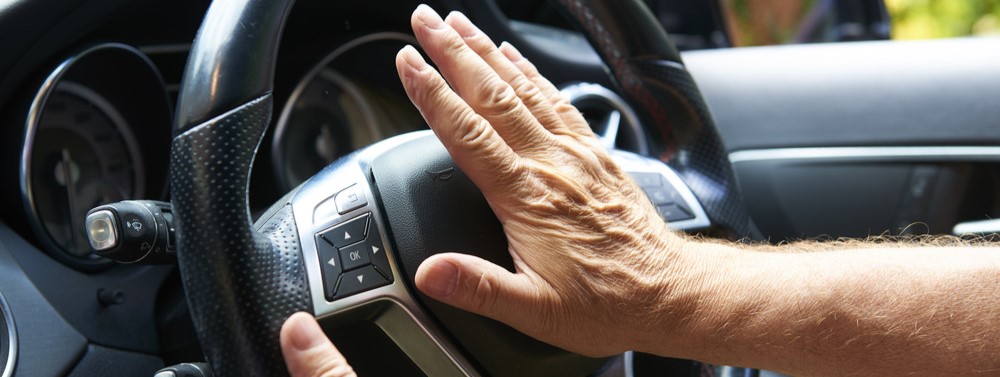Photo: supplied
The RACQ’s annual road safety survey reveals that more than 10 per cent of respondents believe it is rising and that motorists are arming themselves.
Road Safety and Technical Manager Joel Tucker says that an increase in people carrying weapons in their cars is of particular concern to them.
“Alarmingly, 7.6 per cent of Queensland motorists admitted to carrying weapons in their car, which is up from 4.8 per cent last year,” he says.
“Put simply, there is no place for violence or aggression on our roads.
“Roads are already dangerous enough without road rage and we need drivers working together to ensure the safety of themselves, their passengers and other road users.”
Tucker says their survey reveals that more than 84 per cent of respondents believe road rage has risen compared to just over 74 per cent in 2020.
The biggest rise was among those who believe there has been a slight rise (41.9 per cent in 2024 compared to 37.9 per cent four years ago), the RACQ survey reveals. The percentage of respondents who believe that there has been no change fell from 25.9 per cent to 15.6 per cent.
There were slight increases in those who believe that has been a moderate or extreme rise over the four years.
“The most common aggressive road behaviour experienced was tailgating, followed by using a horn and hand signals,” he says.
“We also saw an increase in drivers admitting to acting aggressively themselves.
“More than 20 per cent of motorists said they’ve verbally abused other drivers or tailgated, 16.4 per cent have suddenly swerved or braked and 13.6 per cent admitted to cutting in front of someone and slowing down,” he says.
He urges drivers to think twice about being confrontational on the road.
“If you are aggressive on the road, or react to road rage with more aggression, chances are you’ll get caught,” Tucker says.
“Our survey shows that nearly a quarter of motorists own dashcams and 78 per cent of them would report aggressive drivers and hand vision in to police.
“We all get stuck in traffic, we all have places to be and sometimes we make mistakes,” Tucker says.
“It’s important to keep a cool head and not to overreact to things that happen on the road, because the consequences of impatience or anger can be life changing.”






